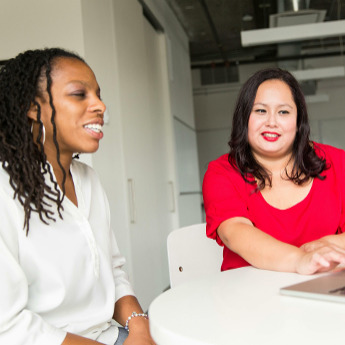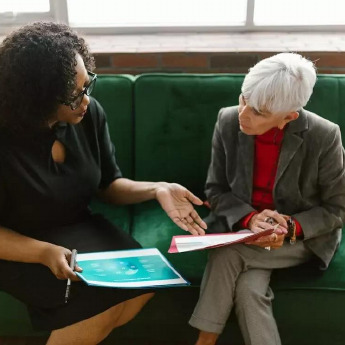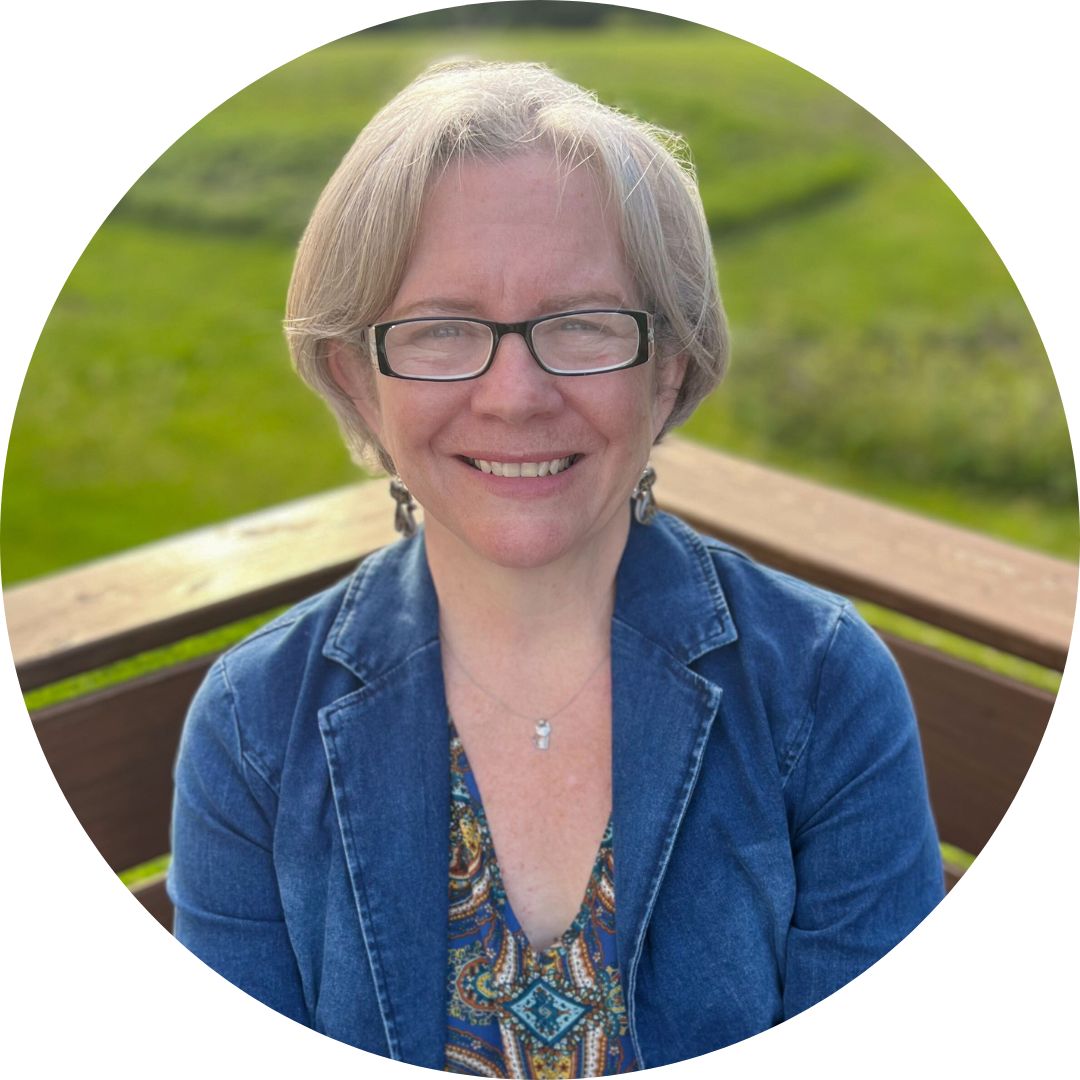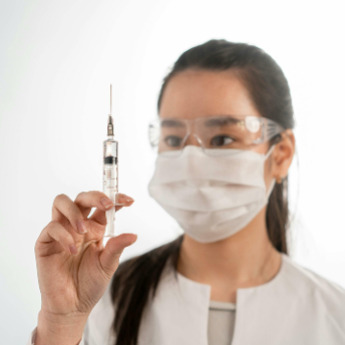By continuing to use our site, you consent to the processing of cookies, user data (location information, type and version of the OS, the type and version of the browser, the type of device and the resolution of its screen, the source of where the user came from, from which site or for what advertisement, language OS and Browser, which pages are opened and to which buttons the user presses, ip-address) for the purpose of site functioning, retargeting and statistical surveys and reviews. If you do not want your data to be processed, please leave the site.
The Voice of People With Breast Cancer
Education
Our Voices Blog
The Importance of EDI in Precision Medicine
As we mark Precision Medicine Awareness Month (PMAM) this #KNOWvember, it's crucial to highlight the essential need for equity, diversity, and inclusion (EDI) in the rapidly advancing field of precision medicine.
Decoding Life and Health Insurance Policies: A Simple Guide
When diagnosed with breast cancer, having a life and health insurance policy can be an important tool to help you offset the financial toll it can take on your life. But these policies can be confusing. Unless you work in the sector, all the industry-specific language, details, and different clauses and subclauses might sound like a foreign language. This guide will help you make sense of your insurance policy.
The Invisible Stage of Breast Cancer
I struggle with the word “survivor”. Maybe it’s because I still don’t really feel like a survivor, six years post diagnosis. The word “survivor” implies I’ve 'made it through.' Six years later, however, I feel like I am still in it. I feel tremendous guilt that I don’t feel like a survivor, when many before me (my mom and brother included) would have given anything to be in my privileged position of surviving. Please don't misunderstand —I am filled with gratitude and take note every single day, even when completing the most disliked tasks. I am grateful because I know that if I were sick, I would give anything to do this task again.
Breast Cancer is Not a Brand. Know what to ask before you buy
And yet, somehow, each October, breast cancer morphs into being more than a life-taking disease. It becomes a metaphorically branded pink train that clothing, makeup, skincare, jewellery, appliances, hotels, restaurants, fast food chains, and even oil and gas drill bit companies jump onto, brandishing the small pink ribbon as a statement of support.
Understanding Demographics and Why They Matter in Healthcare
Demography refers to the social, cultural, and personal characteristics that make up an individual. Currently, the scope of demographic health data in Canada is often limited to age and sex. This limited data means that many crucial details—such as income, race, or other social elements—are not being collected.
Otherwise Grossly Unremarkable
The room shrunk and all that existed in the world was this radiologist and the screen she remained hyper-focused on. There was near silence in the room as she examined the dense breast tissue from every conceivable angle. Next, she went over and around my fully inverted nipple and through every conceivable angle, and over all the flesh of my breast under my nipple as well. “I don’t like the density of this breast at all,” she finally revealed.
Living Well With Metastatic Breast Cancer
October 13 is Metastatic Breast Cancer Awareness Day. As of 2020, approximately 168,000 women in the U.S. were living with metastatic breast cancer (mBC), which is a projected 31% increase from 2010. This type of cancer, also called stage IV or advanced breast cancer, means it has metastasized, or spread, to other areas in the body such as the liver, lungs, brain, or bones.
What I’ve Learned About Breast Cancer Vaccines
Breast cancer vaccines are a buzzy topic that’s seemingly everywhere lately—from ongoing news stories about cancer research to Reddit threads and personalized Instagram posts. But what I’m most interested in knowing is if these vaccines are truly the “golden goose” every woman like me, who is dealing with a breast cancer diagnosis or the aftermath of one, is looking for: can these vaccines truly alleviate my fear by ensuring zero recurrences? To find out, I did a deep dive into the latest information and here’s what I learned.
One Woman’s Mission to Transform Breast Cancer Care in Canada
In 2017, Dawn received her own life-changing diagnosis: triple-negative breast cancer (TNBC), an aggressive form of breast cancer. When diagnosed with this type of breast cancer, the message of hope is often lost amidst the urgency of treating an aggressive form of cancer. Being told things like, “survival rate is low, recurrence is high”, “it’s harder to treat", "chemotherapy regimen is very aggressive”, “the side effects are quite harsh”, “typically, the cancer may return in the first 5 years following treatment” can leave a person feeling helpless.
What Canadian Oncology Experts are Recommending to Improve Access to New Cancer Treatments
The world of cancer treatment is rapidly advancing. Scientists are discovering new ways to target cancers, making drugs more effective and more precise. But with these new advancements, comes a long process of approvals involving many steps to allow Canadians to access them. Not only do new drugs need to be approved for safety and efficacy by regulatory bodies like Health Canada and the Canadian Drug Agency, but then they also need to go through price negotiations between the drug manufacturers and the provinces . These negotiations set the cost that every province will pay to the drug company once the drug is added to public drug plans.













